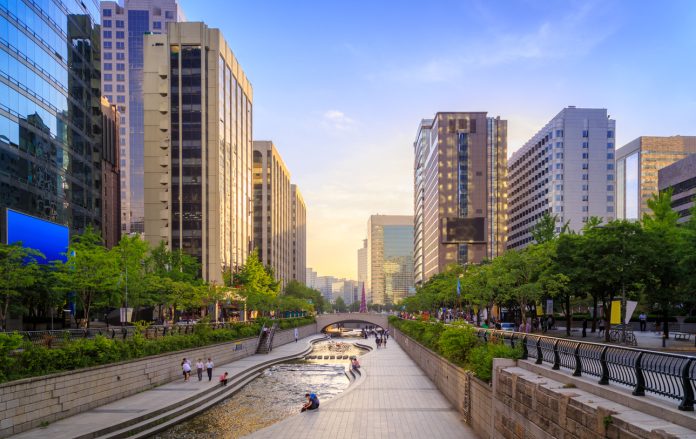According to data from the Korea Health Industry Development Institute (KHIDI), the number of medical tourists visiting South Korea in 2020 was 117,069, down from 497,464 in 2019. Figures for 2021 are even lower. By region in 2020, Seoul and Incheon each experienced a 79% decrease in the number of medical tourists; Gyeonggi Province, 67%; Busan, 75%; and Daegu, 83%. These local authorities are struggling to come up with new ideas to revive the industry and attract patients from abroad.
The COVID-19 pandemic has impacted South Korea’s local governments’ efforts to promote inbound medical tourism. Medical tourists have been unable to visit the country due to travel restrictions and fears of infection during travel. Unless they need to get urgent treatment available only in Korea, many who planned to travel there for medical purposes have delayed their plans because a large ratio of medical tourists only wanted health check-ups or cosmetic surgeries.
As medical tourism is a high value-added industry, with medical tourists spending 10 times more money than ordinary tourists, local authorities are struggling to come up with new ideas to revive the industry and attract patients from abroad.
Incheon Metropolitan City plans to adopt ICT-based telemedicine and counselling for patients from Mongolia, Russia and member nations of the Commonwealth of Independent States (CIS). It also plans to actively appeal to foreign nationals in Korea, targeting those working in foreign companies and international organizations, members of multicultural families, pilots and flight attendants and U.S. Forces Korea service members and their families.
Incheon plans to expand the system that provides pre- and post-services, from their entry to departure, offer interpretation services and cover self-quarantine expenses. In addition, it will promote wellness tourism.
North Chungcheong Provincial Government has a five-year plan to revitalise medical tourism by 2025.The scheme contains programmes linking medical treatment and the region’s tourist attractions, offering health check-ups, cosmetic surgery, skin treatments, dental treatment and traditional medicine to VIPs who have influence in promoting these experiences in their home countries.
Two districts in Daegu have been designated as Daegu Global Medical Special Zones by the Ministry of SMEs and Startups. Six business operators in Suseong District and Jung District, where hospitals and medical institutions are clustered, will launch special projects to attract foreign patients. The city will spend US$13.4 million by 2025 to promote medical tourism.
Busan Metropolitan City will focus on regular and online overseas promotional marketing through social media. It plans to strategically support hospitals’ overseas marketing and help them open telemedicine centres.








 ©2024 All rights reserved LaingBuisson
©2024 All rights reserved LaingBuisson 


